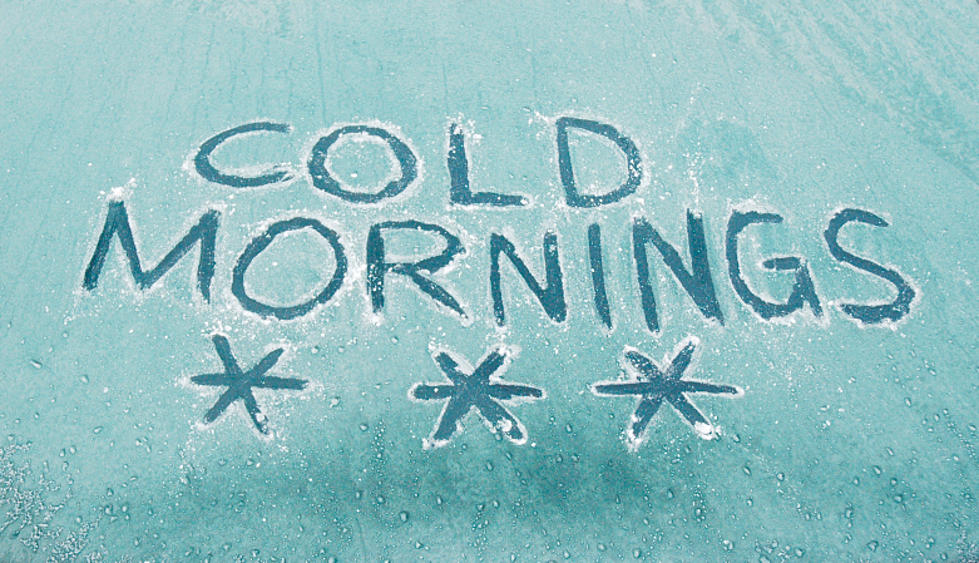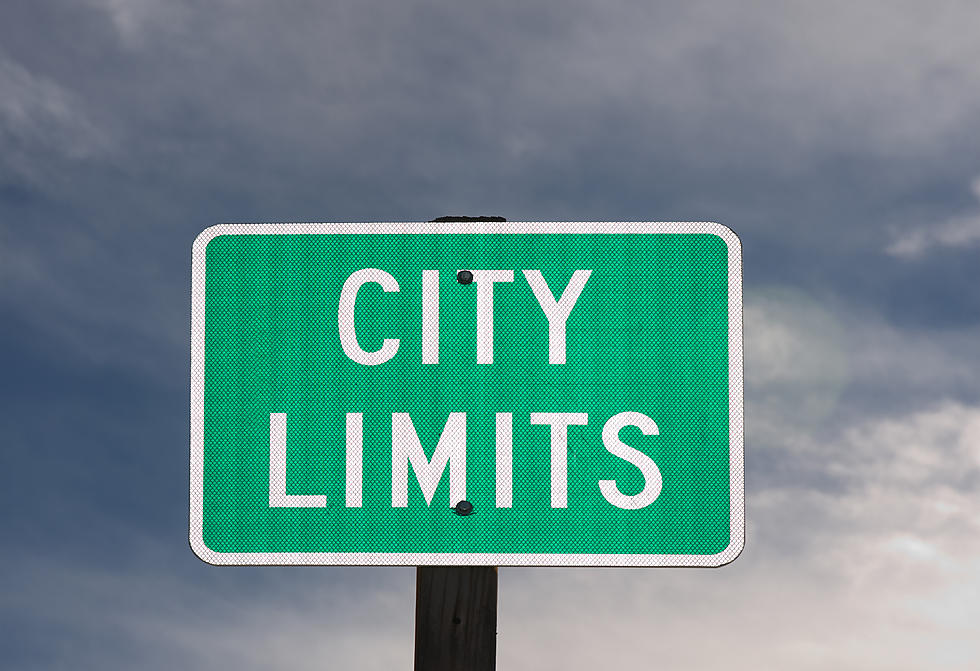
Nighttime Cold Snap Starting This Weekend Thru Start Of Next Week
The chilly nighttime temps will start Saturday night when the sun goes down as we will see a low overnight at the freezing mark of 32 degrees. The following couple of days we'll see the low overnight dip to 29-and we start to warm back up overnight on Tuesday night into Wednesday... So be sure you have the plants outdoors brought in--perhaps in the garage even-to avoid the freeze a little longer... Either that or cover them. I've seen suggestions on plastic coverings, or even big 5 gallon buckets over the top of them-however they can be protected from direct air getting to them is the mission.

We have rose bushes that were just planted in mid-October and are starting to take hold--and we haven't had them before so we're looking around trying to find the best thing to do for them. Some websites say leave them as they are, others say to wrap them in plastic to prevent a hard freeze, others say to cover them as best you can so that they aren't subjected to a hard freeze, then thaw, then freeze again, then thaw again off and on all winter long. I've read that that is worse for them than freezing one time and staying frozen until the change of season. Either way-if you've invested a lot of time and money into the landscape of your property you'll definitely want to be sure you're taking the steps to protect them.
As for sprinkler systems-turn them off at night when the temps are so low-but since we're getting into the 70s and 80s during the day-take advantage and water in the afternoon when there's no danger of pipes freezing.
KEEP READING: Get answers to 51 of the most frequently asked weather questions...
LOOK: The most expensive weather and climate disasters in recent decades
More From The Basin's Classic Rock


![Christmas Gift Ideas For The Whataburger Fanatic In Your Life [PHOTOS]](http://townsquare.media/site/523/files/2021/12/attachment-sweater.jpg?w=980&q=75)






